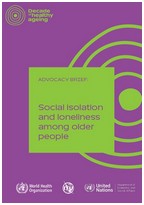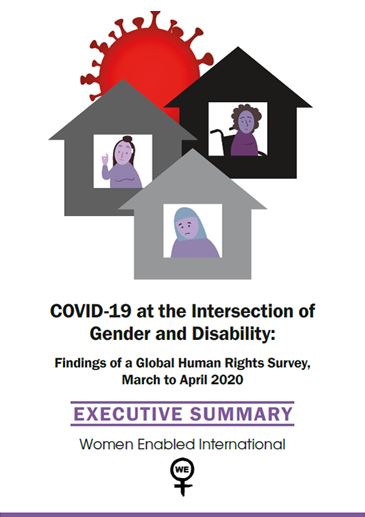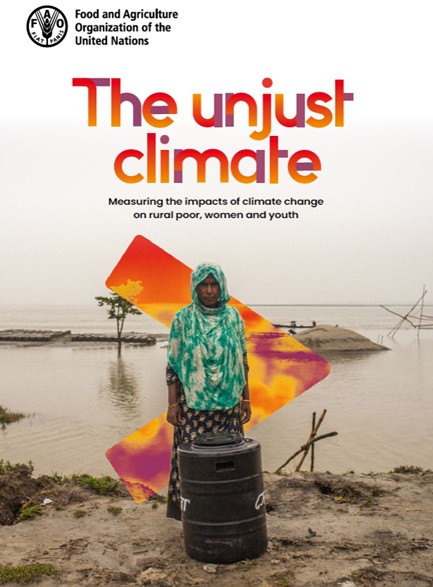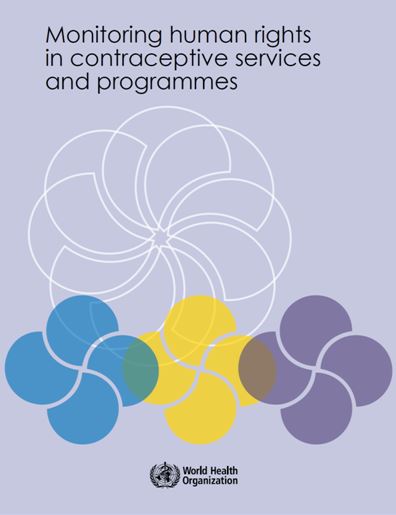Social Isolation & Loneliness Among Older People – Older Women
Source: WUNRN – 09.09.2021

High-quality social connections are essential to our mental and physical health and our well-being. Social isolation and loneliness are important, yet neglected, social determinants of the health of older people
Social isolation and loneliness are widespread, with some countries reporting that up to one in three older people feel lonely. A large body of research shows that social isolation and loneliness have a serious impact on older people’s physical and mental health, quality of life, and their longevity. The effect of social isolation and loneliness on mortality is comparable to that of other well-established risk factors such as smoking, obesity, and physical inactivity.
A wide variety of face-to-face or digital interventions have been developed to reduce social isolation and loneliness among older people. These include social skills training, community and support groups, befriending, and cognitive behavioural therapy. Creating more age-friendly communities, by improving access to transportation, information and communication technologies and the built environment, can also help reduce social isolation and loneliness. Laws and policies that address marginalisation and discrimination can also foster greater social connection.
Social isolation and loneliness are increasingly being recognised as a priority public health problem and policy issue for older people. During the course of the UN Decade of Healthy Ageing (2021-2030), the Demographic Change and Healthy Ageing Unit will be addressing social isolation and loneliness as one of the themes that cuts across the four main action areas of the Decade.



